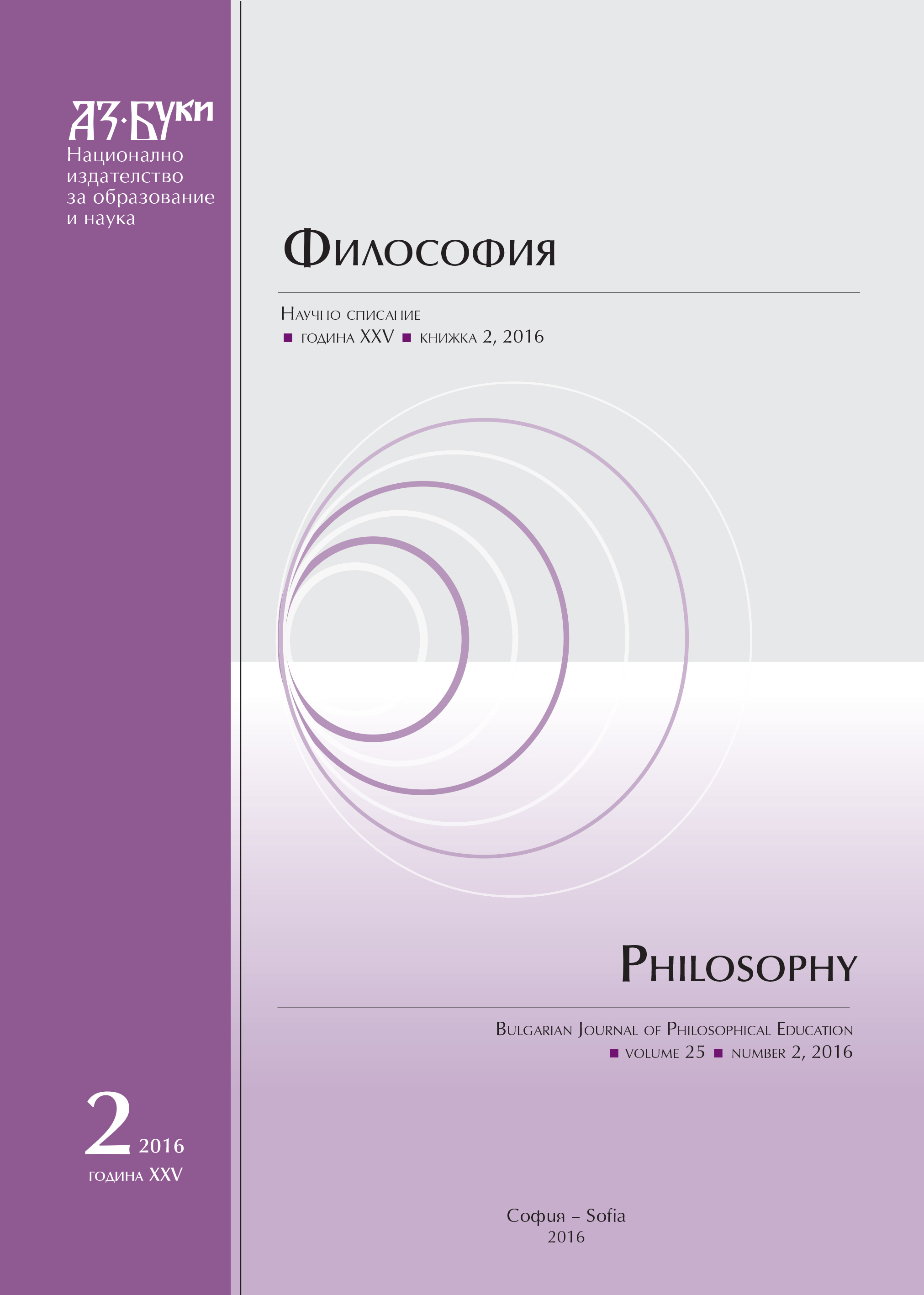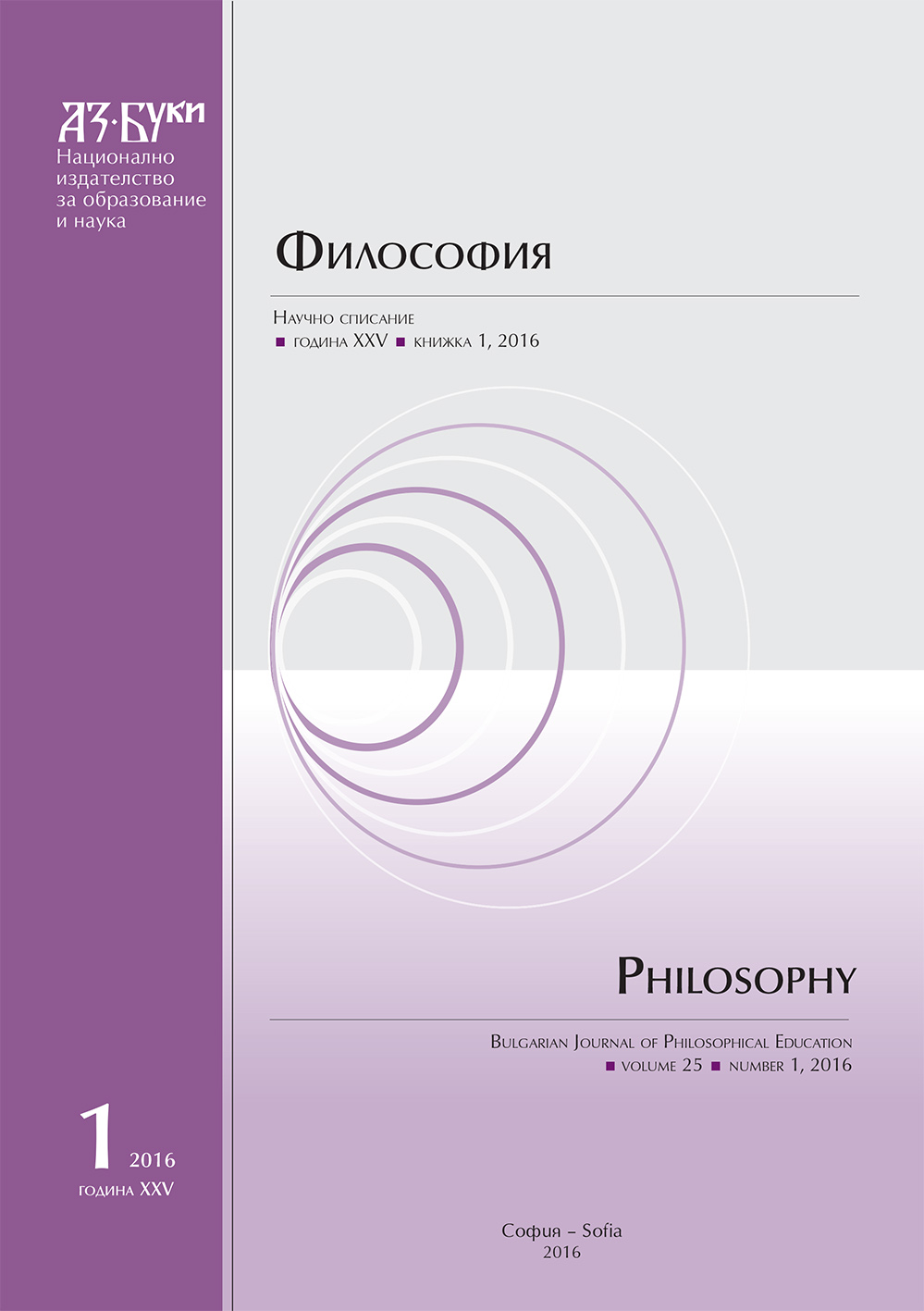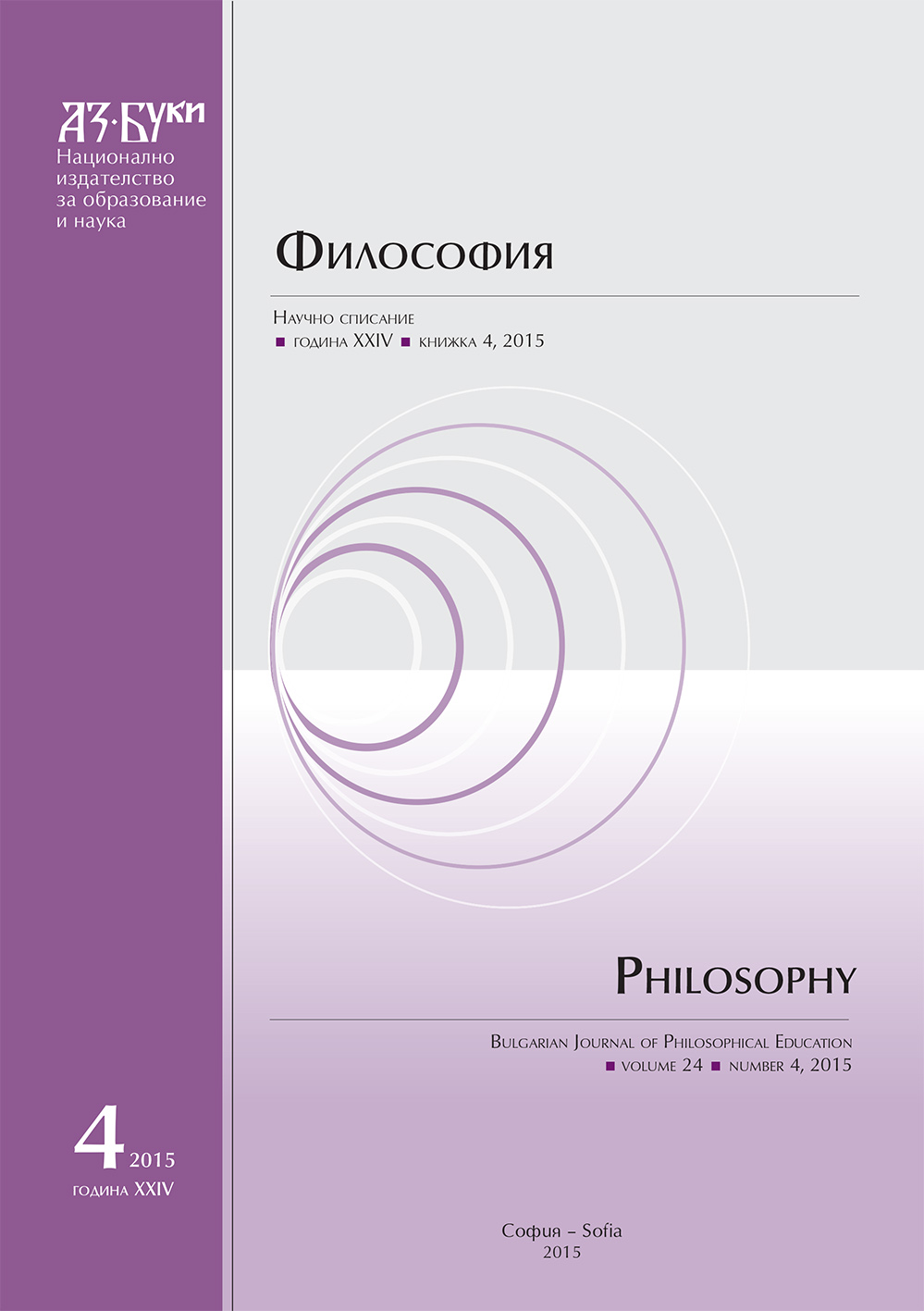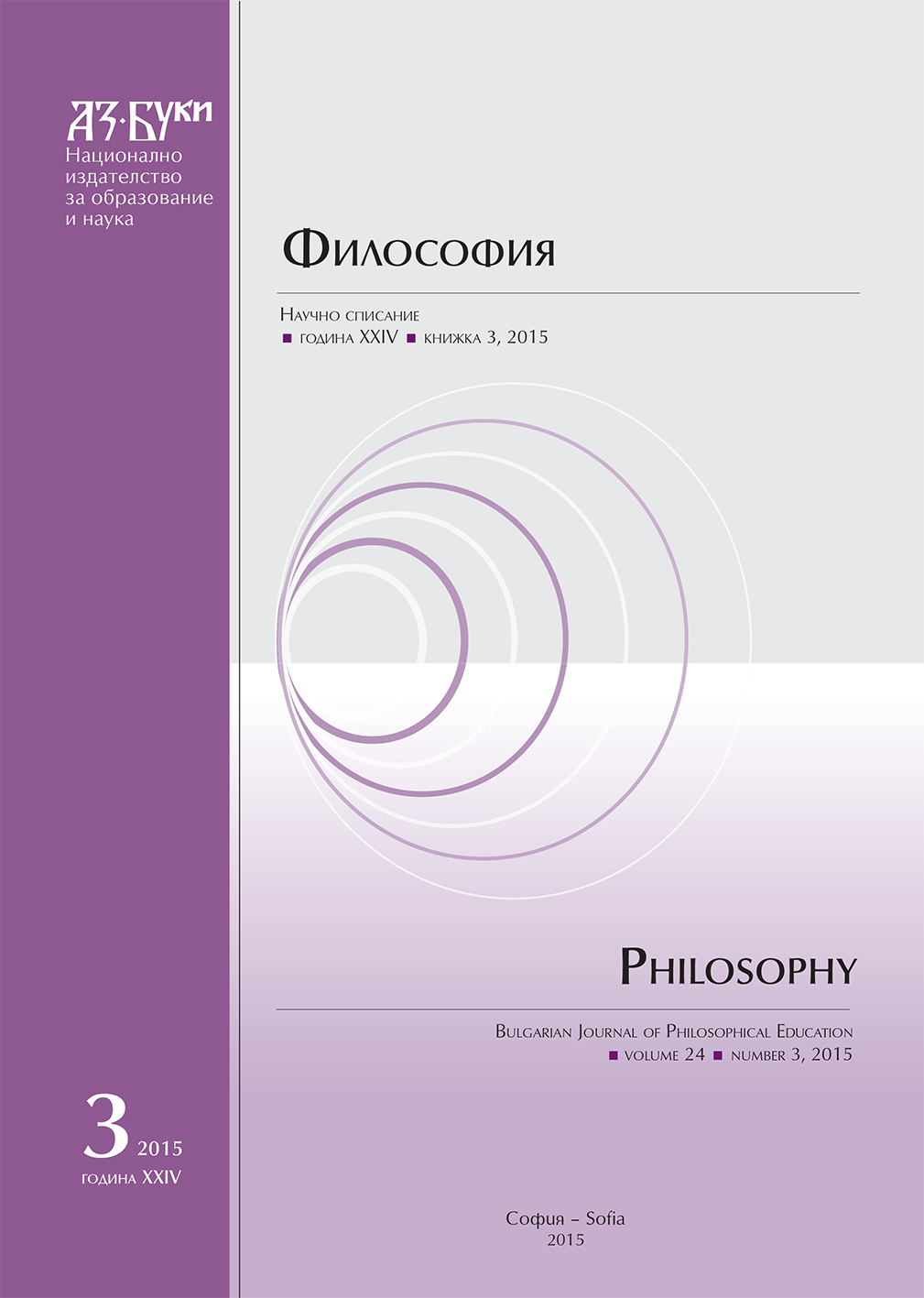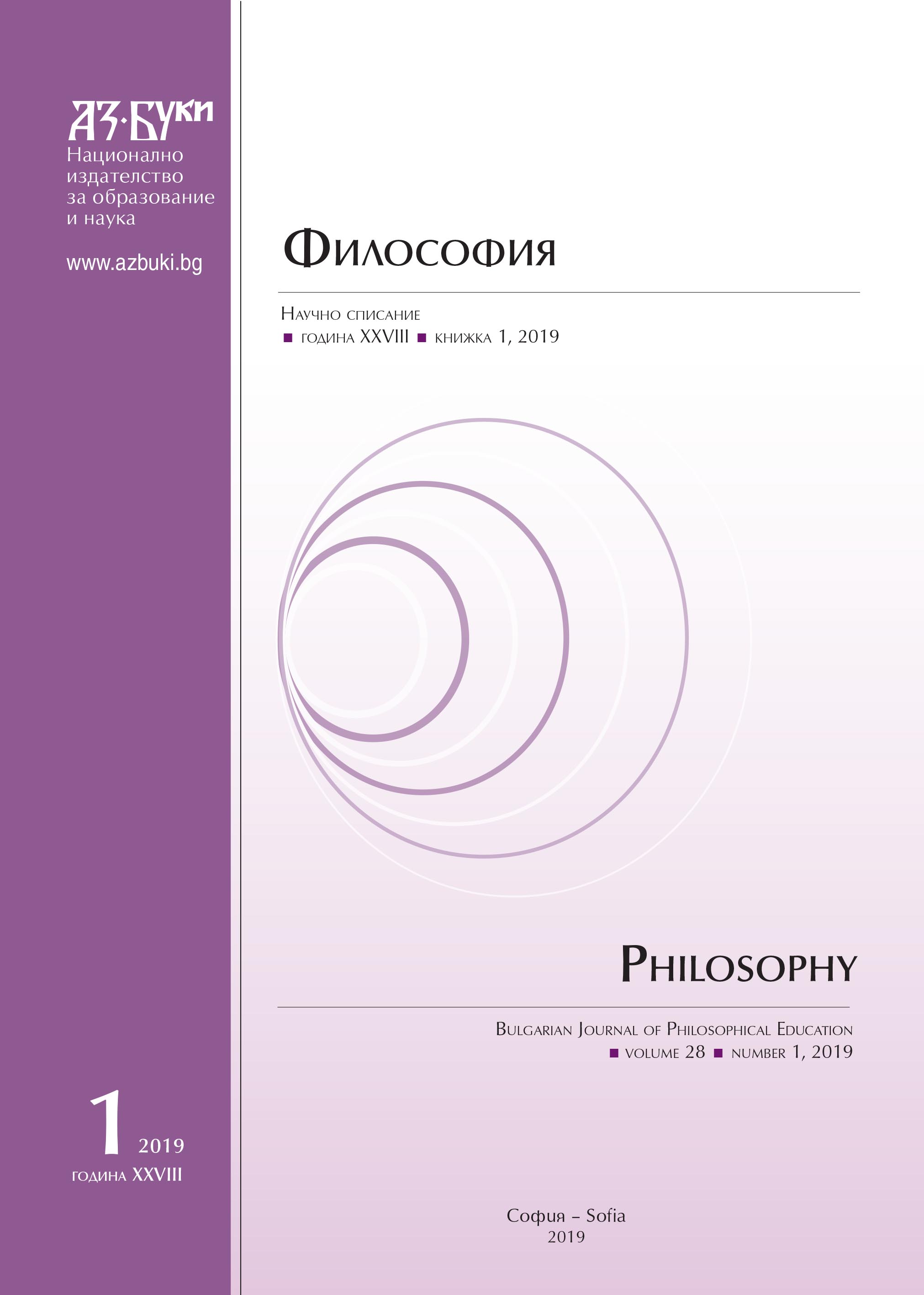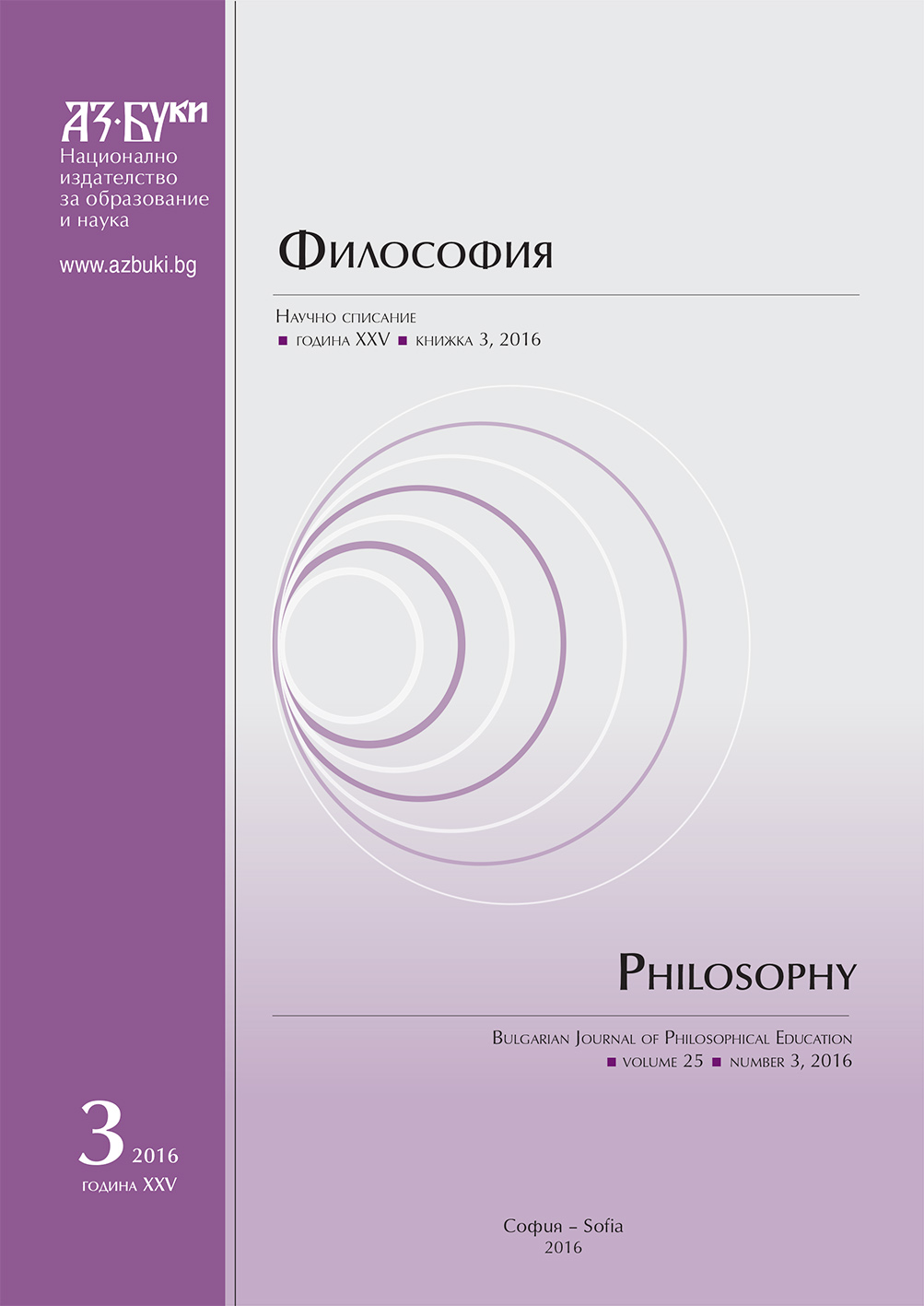
Познанието на религията в началото на новия век: подходи и дебати
The paper analyses some new contemporary approaches, notions and discussions in the study of religion within the “phenomenology – scientific “reductionism” dilemma. The “comprehension” and the “religious experience” approaches were the direction taken by the phenomenology of religion, which proceeded from the idea of the “absolute autonomy” of religion (Otto, Eliade). Religion was perceived as being an autonomous, unique sphere, which cannot be explained and defined through factors lying outside it. As an expression of the opposite trend, the analysis gives attention to some new scientific and explicatory “reductionist”, “functionalist” approaches, and especially to the research program called Cognitive Science of Religion (CSR) – a trend of naturalization of religion as a result of the development of contemporary evolutional biology and psychology.
More...
